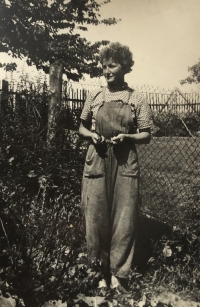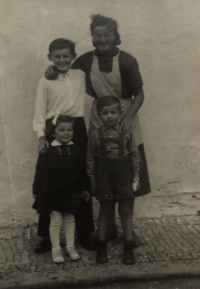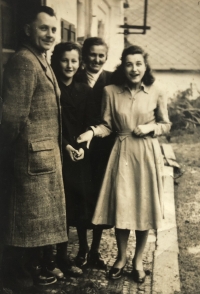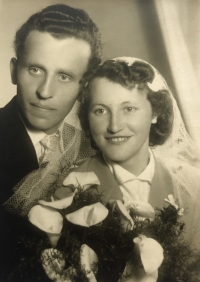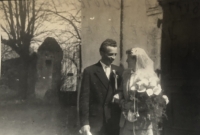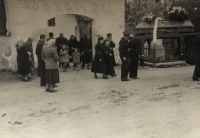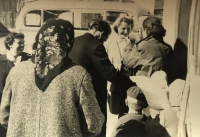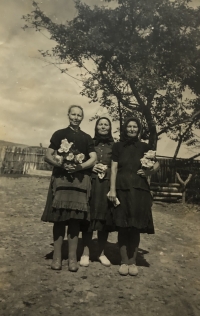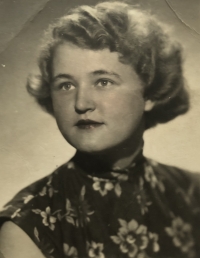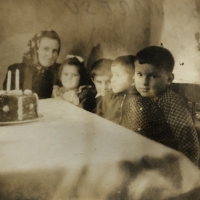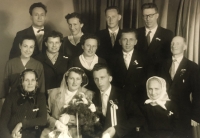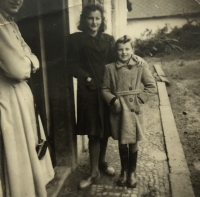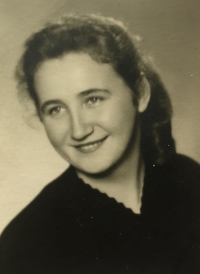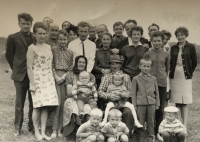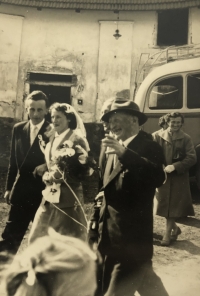The post-war poverty of northeastern Slovakia caught up to her in Czechia
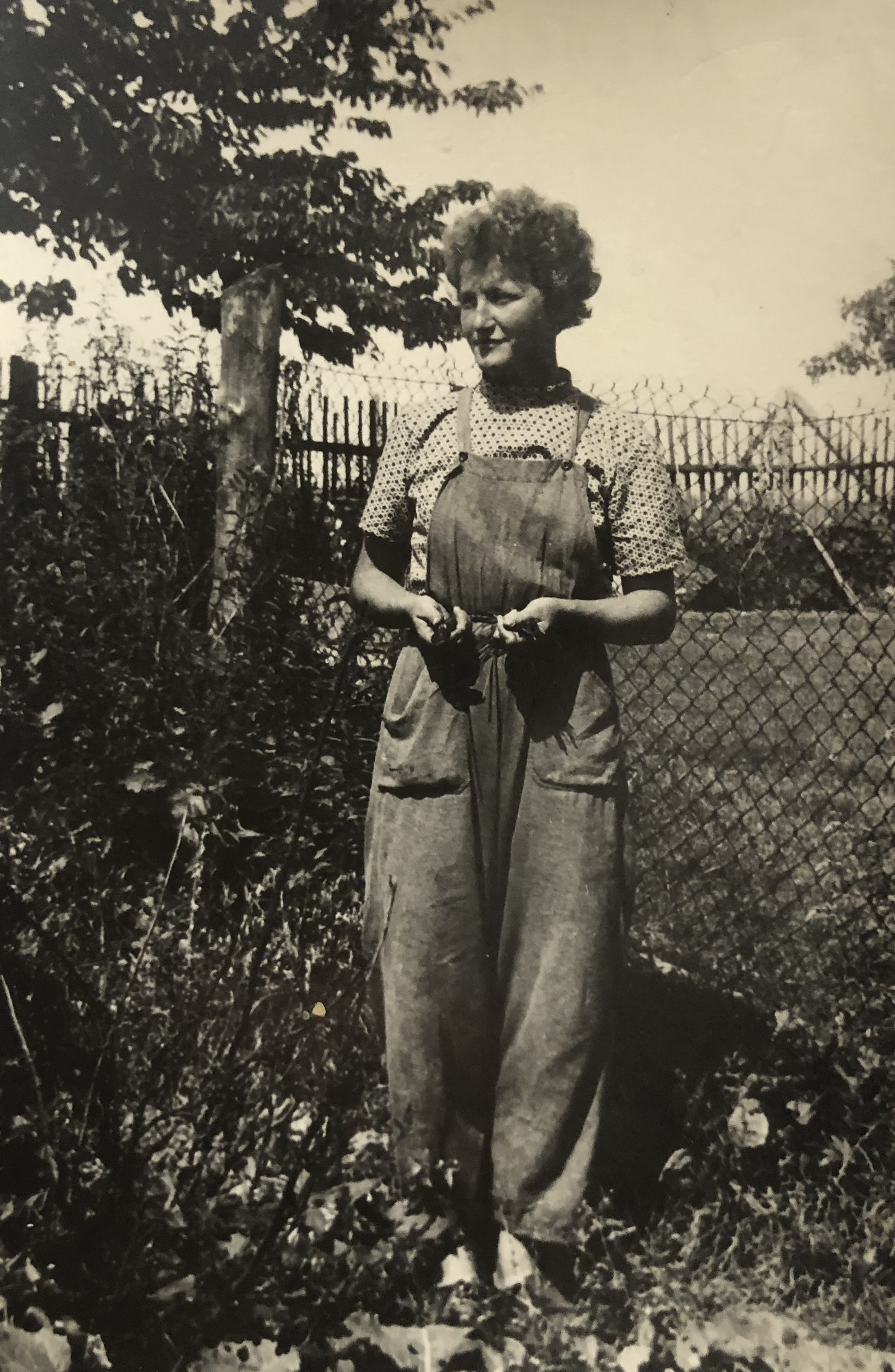
Download image
Eva Břízová, née Zavacká, was born on the 19th of February 1937 in the municipality of Miková in northeastern Slovakia. She grew up in a numberous Rusyn family which was of Ruthenian Greek Catholic faith. The American graphic Andy Warhola, whose parents also came from Miková, was her cousin. At the end of the Second World War a stepped on mine killed her elder brother Štefan. Due to the severe humanitarian crisis present in the whole area she was transported to Czechia along with other children by the Czechoslovakian Red Cross. From Košice she travelled through Prague all the way to the municipality of Hlasivo na Táborsku to a local farm, whose owner Josef Mareš worked on about 27 hectares of agricultural land. About after half a year spent on the estate the girl returned to her family in Slovakia. Of course at the behest of the Czech family she went back to them to Hlasivo and worked as a helping hand on the estate, where she remained also in her later years. In the first half of the 50s the Mareš married couple got seriously ill and gradually both of them died. The care of three underage orphans fell to the witness and in addition to that she had to do all of the agricultural work, which now found itself in a desperate situation when the owner in the preceding years faced pressure in connection with the collectivization of agriculture. In the end the estate came under the administration of the Czechoslovakian State Estates of Tábor. In the same period the witness met her future husband and got married off to Chotěbořsko. Until going into retirement she worked in the agricultural unitary co-operative. At the time of filming she lived in Příjemky in the Vysočina region (February 2023).
